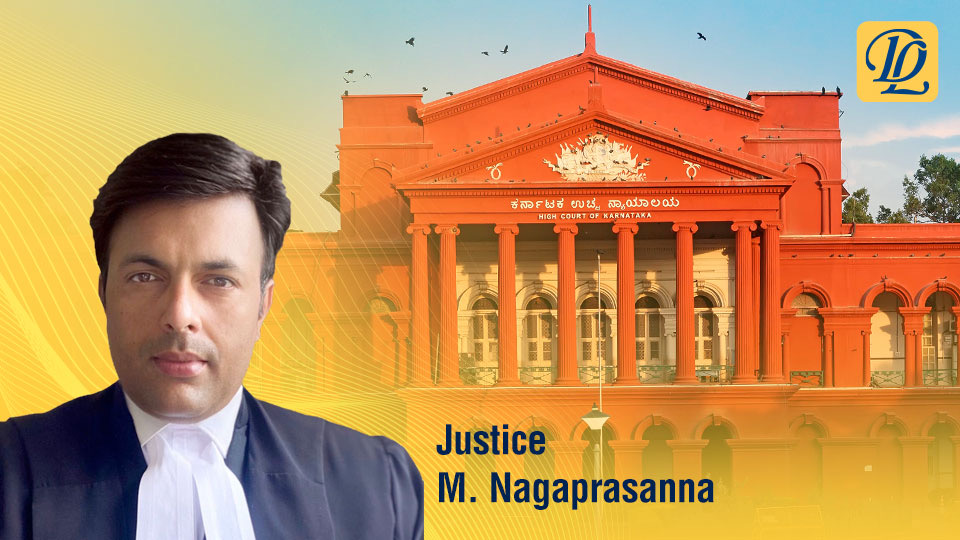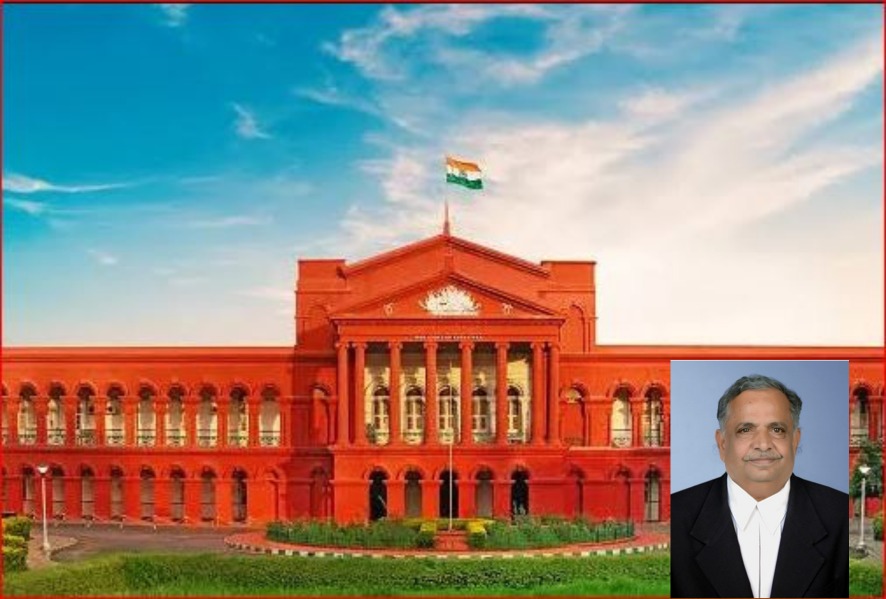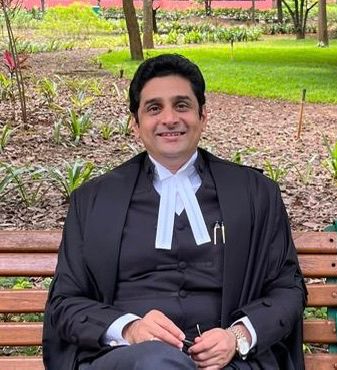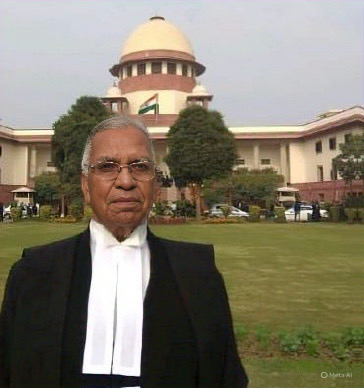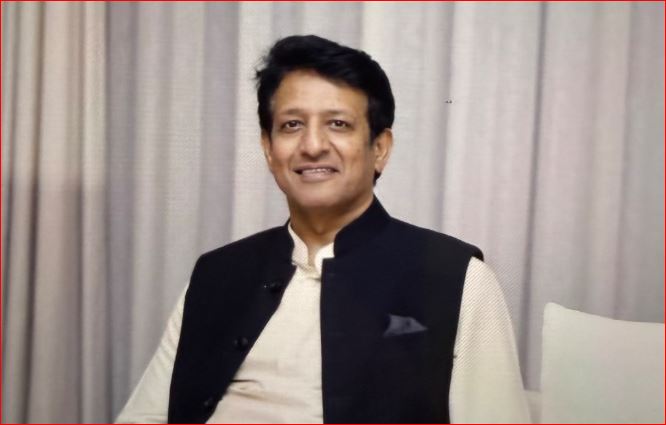“Dignity of slum dwellers is no less sacred that of the devout". Karnataka High Court rejects plea of Temple Committee to shift slum away from the Temple. Karnataka High Court.
- 20-September-2025 14:37
Ikkalakki Ramalingegwoda and others Vs State of Karnataka and others.
Writ Petition 58187 of 2018 decided on 19 September 2025.
Justice M. Nagaprasanna.
Subject Matter: The case concerns the challenge to acquisition proceedings under the Karnataka Slum Areas (Improvement and Clearance) Act, 1973, related to land surrounding the Sri Kalikamba Temple in Mandya. The petitioners, who are devotees, oppose the declaration of the land as a slum area and the subsequent rehabilitation plan. A review petition was also filed by the temple's management, the Sri Kalikamba Seva Samithi, to review a previous court order that accepted a compromise deed.
Factual Background: The land in question, in Sy. Nos. 843 and 844, was granted for non-agricultural use in the 1960s, with the 'katha' (record of rights) in the temple's name. In 1979, a notification was issued to clear slum areas, including the land around the temple. After various communications and court proceedings, a compromise-cum-gift deed was executed in 2013. The deed stipulated that the temple would donate 20 guntas of land to the Slum Board to construct houses for slum dwellers. This compromise was accepted by the court in a previous writ petition. Five years later, a final notification was issued in 2018, declaring the land a slum area.
Petitioners' Arguments (Devotees):
• The acquisition violates their right to property under Article 300A of the Constitution of India.
• The preliminary and final notifications are illegal.
• The compromise deed was fraudulent, entered without a resolution from the Temple Samithi or public consent.
• The temple's management had no authority to gift the land, which is public property.
• The presence of a slum next to the temple would create an unhealthy atmosphere for devotion.
Petitioners' Arguments (Temple Samithi - in Review Petition):
• The compromise deed was illegal, as it was not signed by the joint secretary who represented the temple.
• The gift deed was a breach of the original condition that the land was for building a 'Kalyana Mantapa' (marriage hall).
• The slum would affect the sanctity and religious feelings of devotees, violating Article 29 of the Constitution of India.
Respondents' Arguments (State, Slum Board, Slum Dwellers):
• The petitioners (devotees) have no
locus standi as they are not the owners of the property, and the petition is not a public interest litigation.
• The temple itself has encroached upon government land.
• The construction of houses for slum dwellers would not disturb devotees.
• The slum dwellers have a right to life under Article 19 of the Constitution, and they cannot be left "high and dry".
Decision: The court dismissed the writ petition and the review petition.
Ratio:
"In the land of Daridra Narayana, dignity of slum dwellers is no less sacred that of the devout". Karnataka High Court rejects plea of Temple Committee to shift slum away from the Temple.
